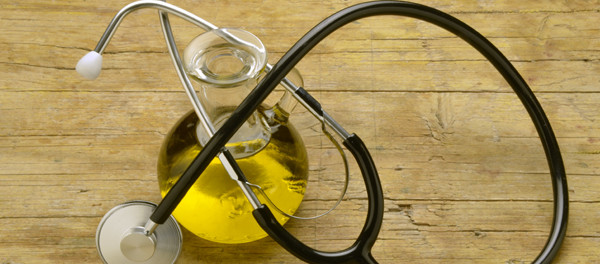Looking to Add Healthy Oils to Your Diet?

Some people may be cautious when it comes to using oils in cooking or with their food. Eating fat with meals conjures thoughts of high cholesterol and, well, getting fat. The fact that some fats are labeled as “bad” adds to the confusion and misconception that all fats are unhealthy. But that isn’t the case.
“It’s important to consume oils,” says Shilpa Bhupathiraju, assistant professor of medicine at Harvard Medical School and assistant professor of nutrition at Harvard’s T.H. Chan School of Public Health.
Oils and fats contain essential fatty acids — omega 3s and 6s, in particular — that are part of the structure of every single cell in the body, says Walter Willett, professor or epidemiology and nutrition at the Harvard T.H. Chan School of Public Health. They’re the building blocks of hormones, help decrease inflammation, and lower bad cholesterol and blood pressure. Oil also provides taste and satiety. The key is knowing the right kind to use. It’s easier when you’re cooking at home, a little trickier when you’re eating out and you can’t control every step in the process. But it’s not just about picking the healthiest oils. They play a part in a healthy diet when they’re part of an eating plan that minimizes processed foods, simple carbohydrates, and sugar.
Excerpted from Harvard Health Publishing










